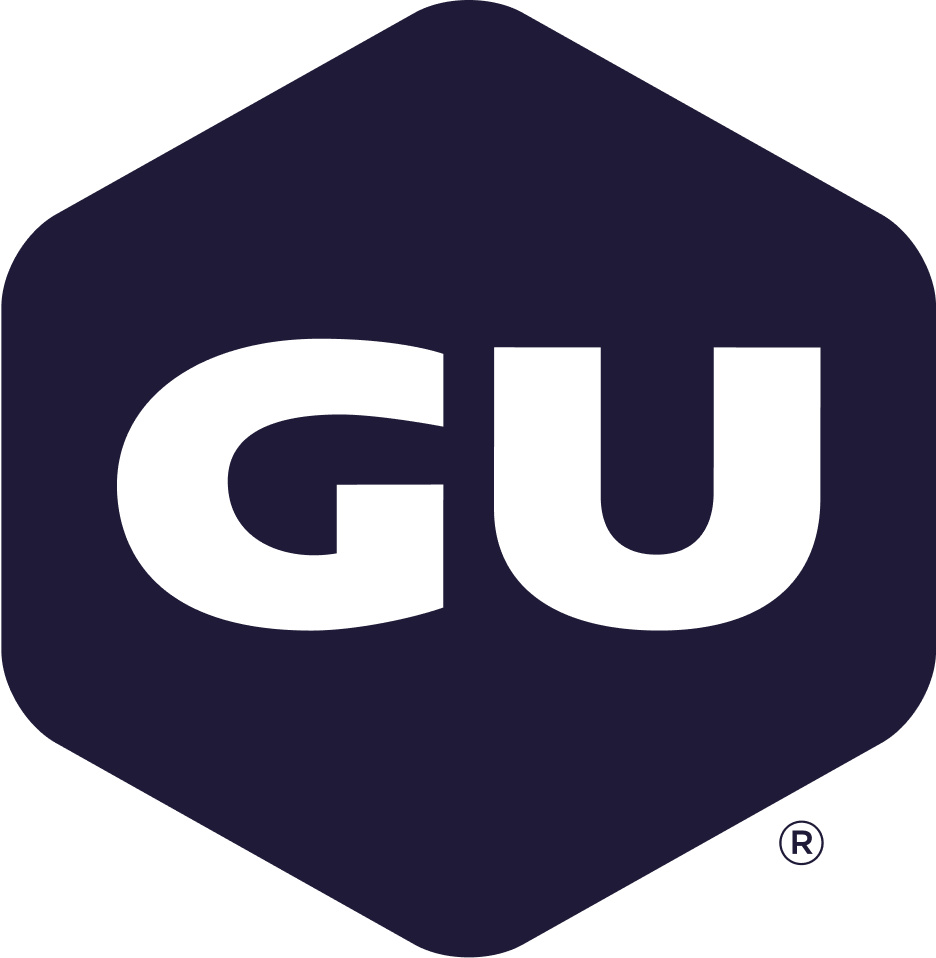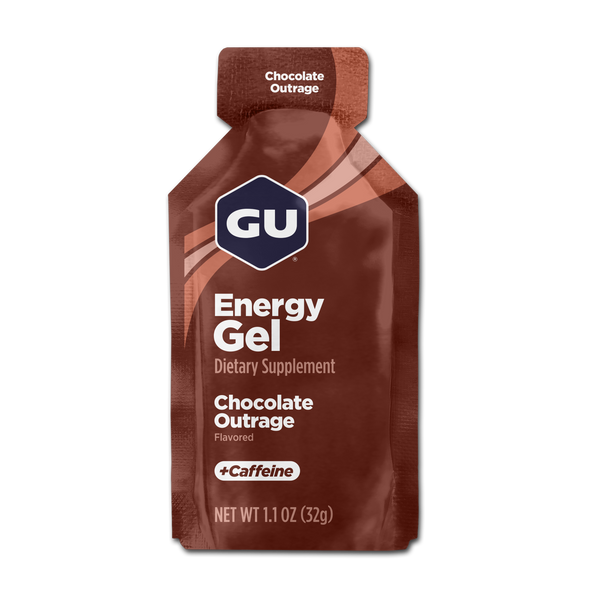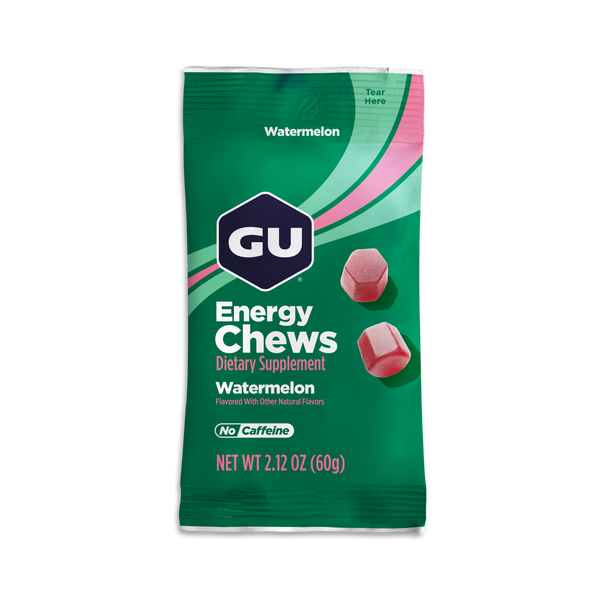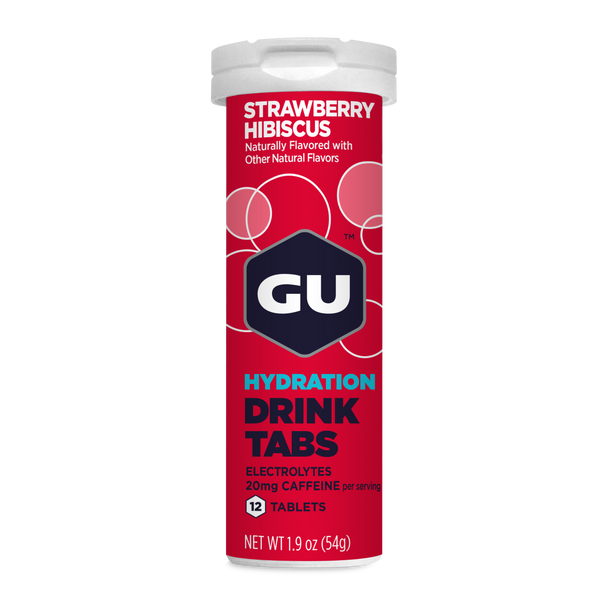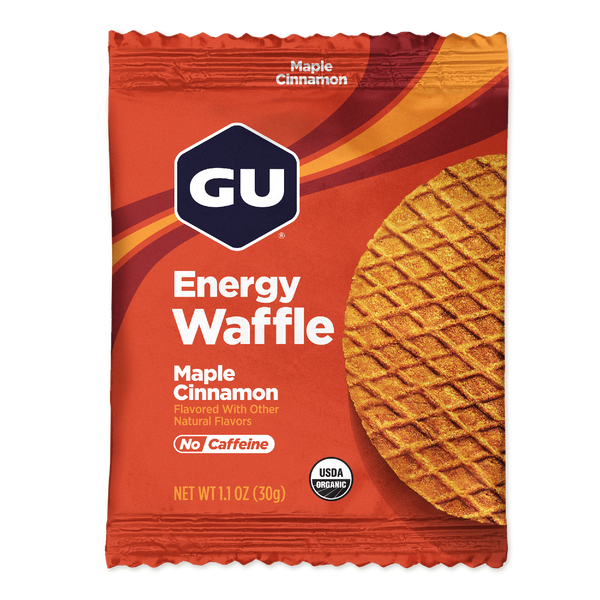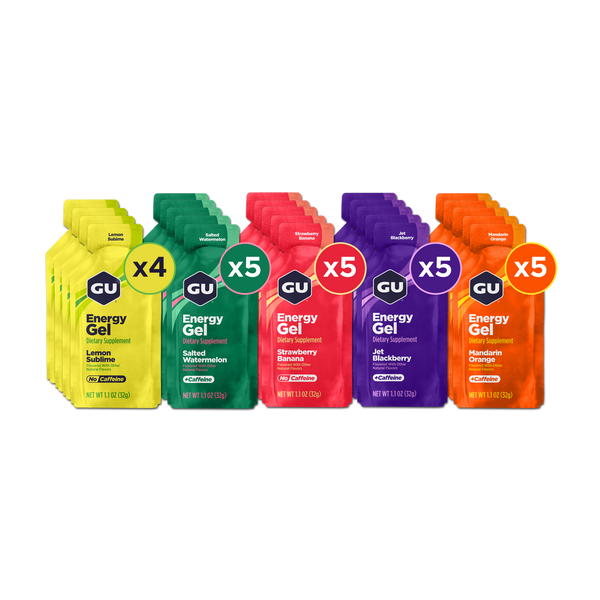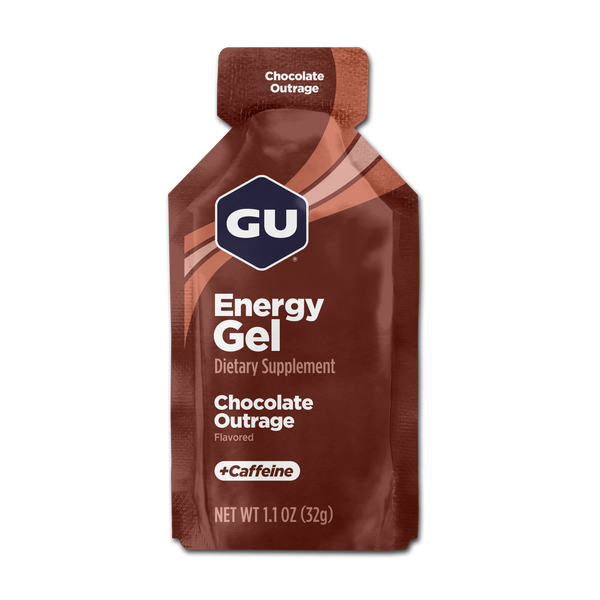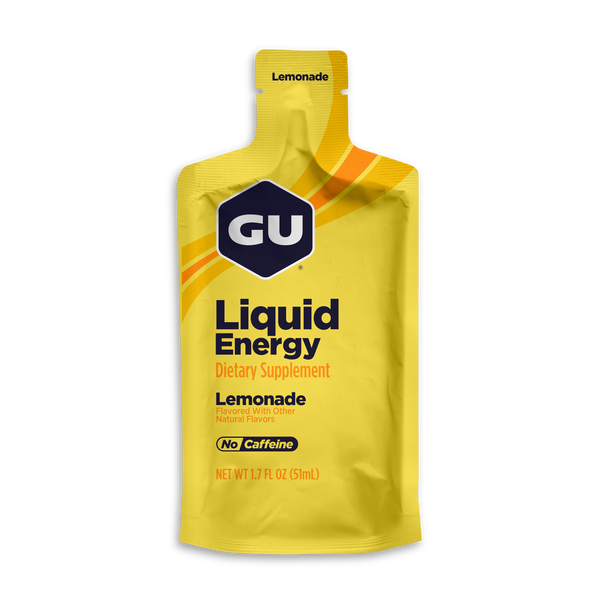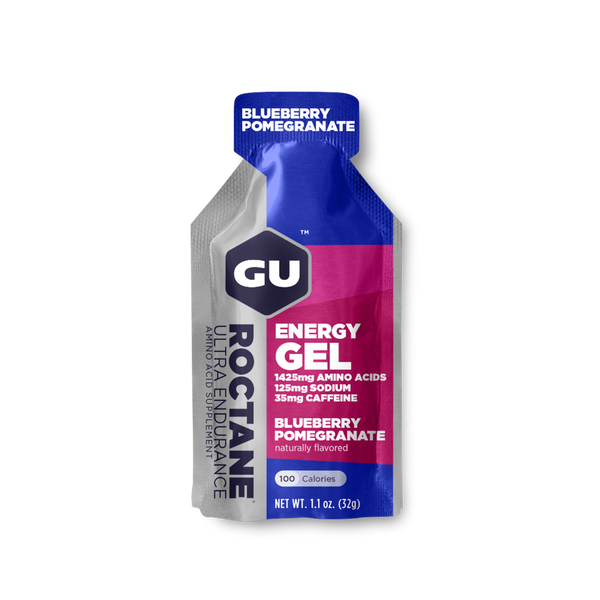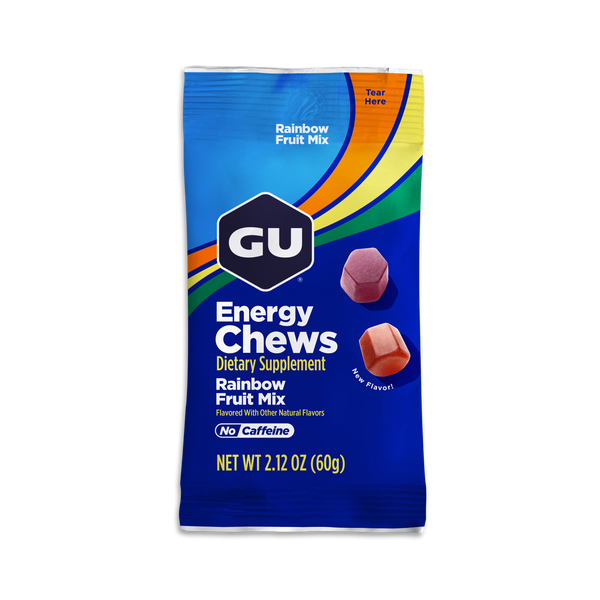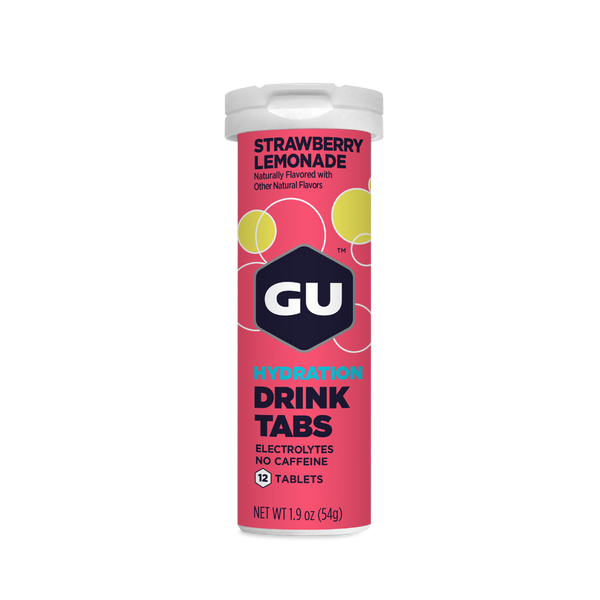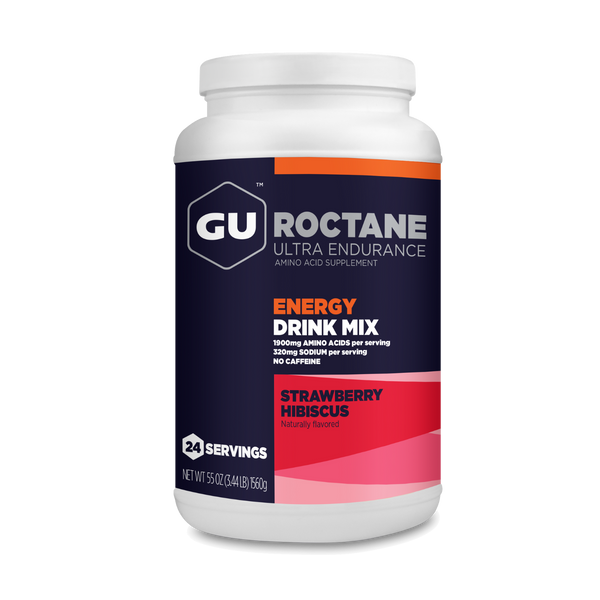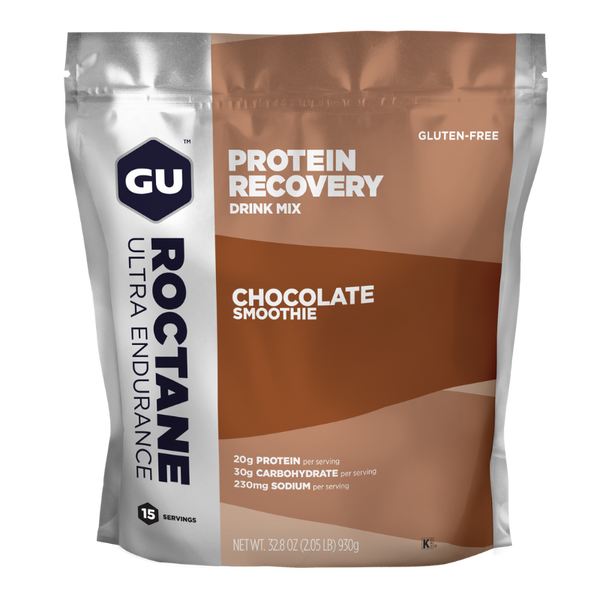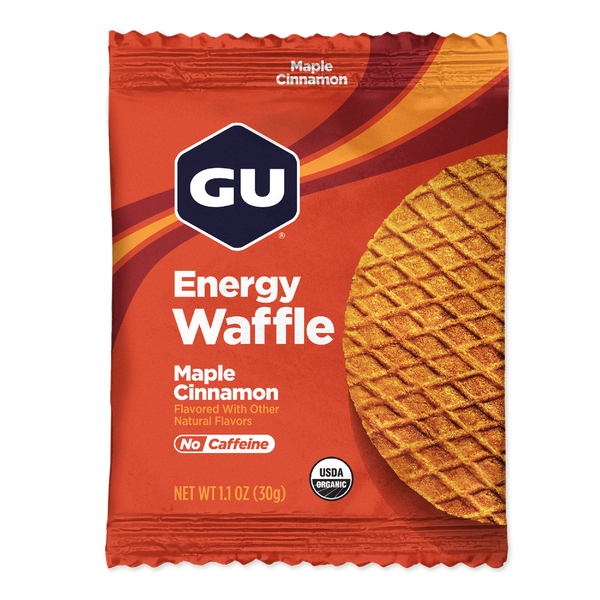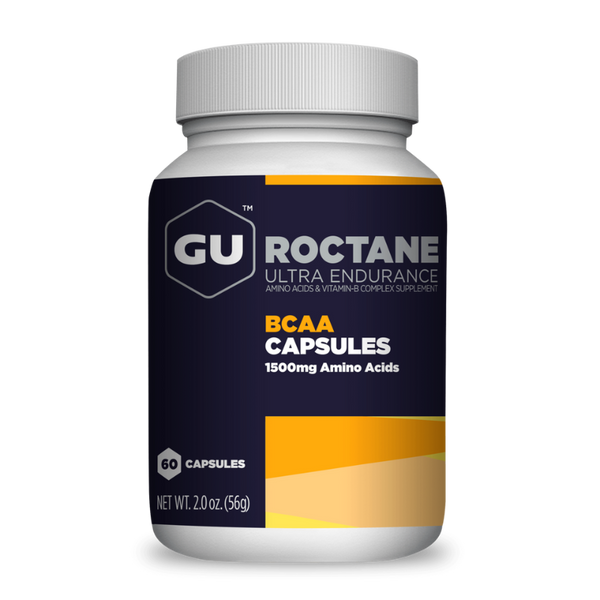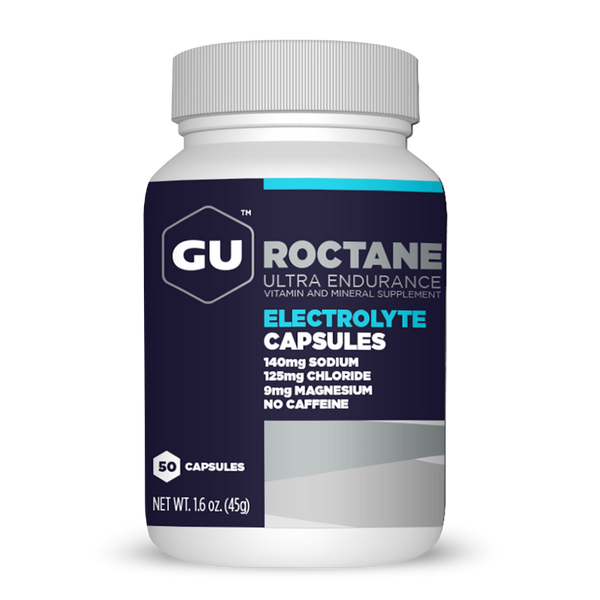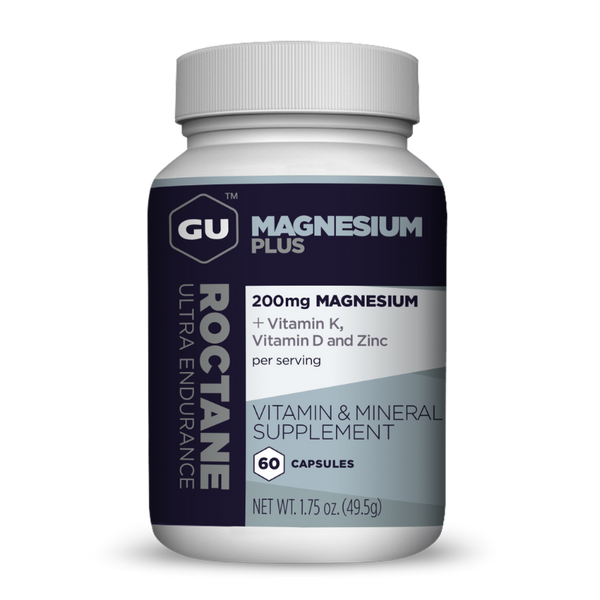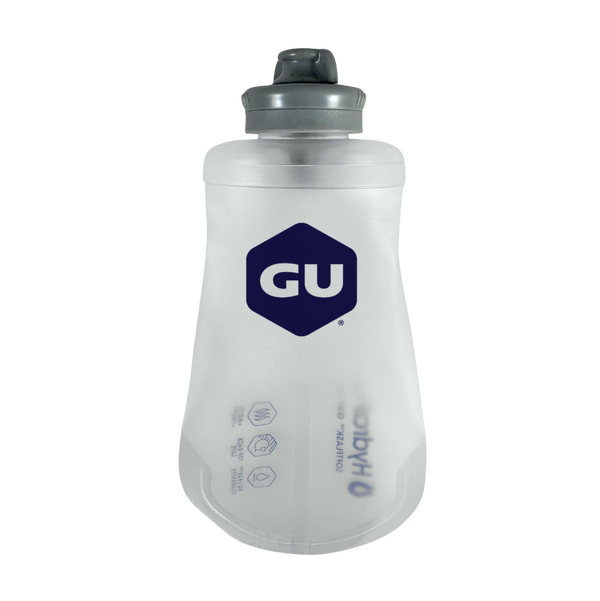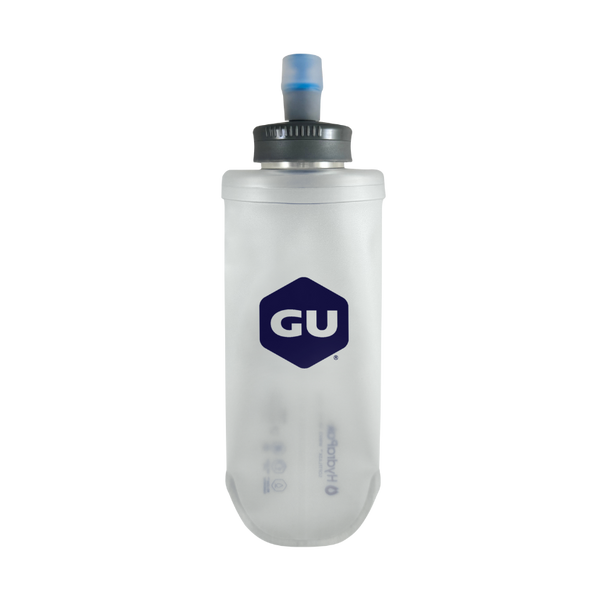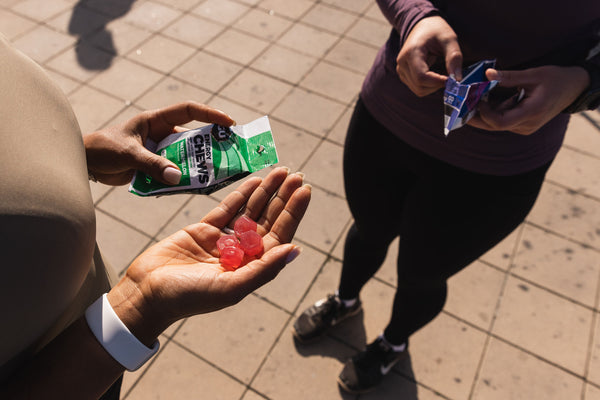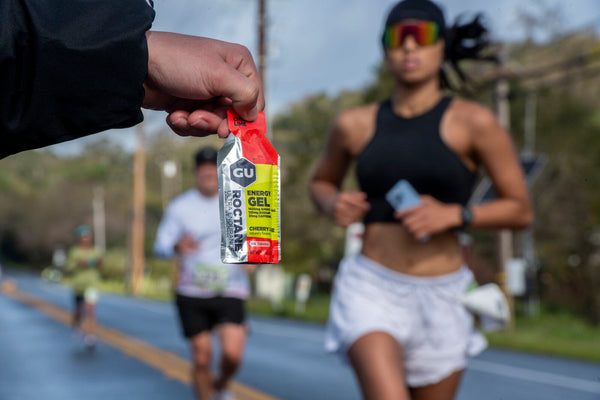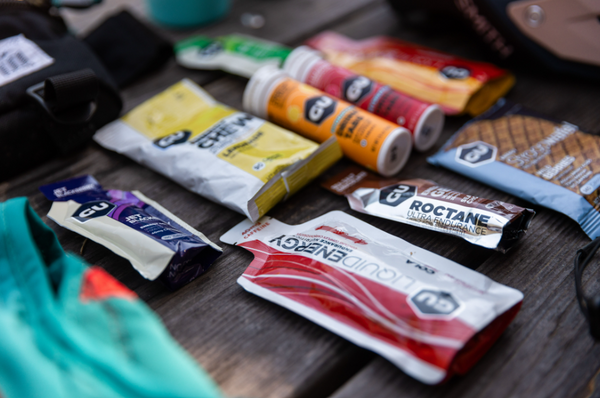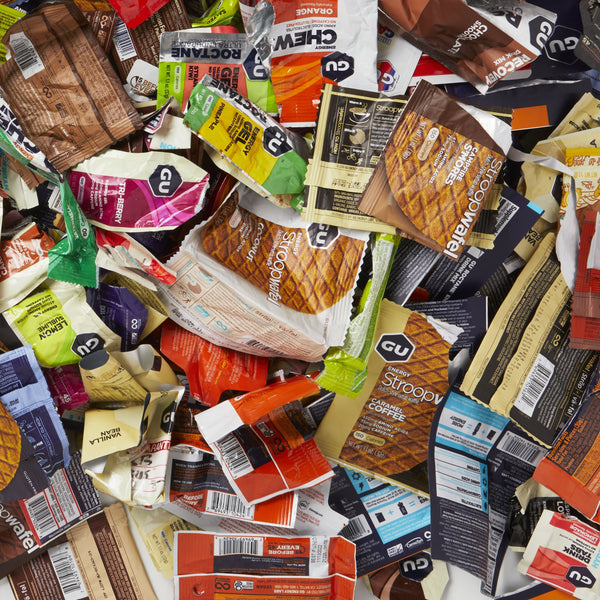Marathon Training 101: From Couch to Marathon
Dreaming of running a marathon but don’t know where to start? Whether you're a complete beginner or someone looking to elevate their fitness game, this guide is for you! Marathon training might seem daunting, but with the right plan, mindset, and support, you can transform from a marathon hopeful to a marathon finisher. Let’s dive into the essentials of marathon training, from building your base fitness to crossing that finish line with confidence!
Understanding the Basics: What is a Marathon?
A marathon is a long-distance running event covering a distance of 26.2 miles (42.2 kilometers). It’s a challenging yet rewarding race that tests your endurance, mental strength, and determination. Successfully completing a marathon requires months of dedicated training, smart nutrition, and a strong hydration strategy.
How to Train for a Marathon: The Fundamentals
Training for a marathon involves more than just running; it's about building a strong foundation of endurance, strength, and mental resilience. Here are the key components of a successful marathon training program:
- Build a Running Base: Start with a foundation of running three to four times per week. Focus on gradually increasing your distance over several weeks. If you're starting from a non-running background, begin with a run/walk strategy to gradually build your endurance without overloading your body.
- Follow a Structured Marathon Training Plan: A well-structured marathon training plan is crucial. Research suggests that a gradual increase in mileage can help prevent injuries and recover effectively. Start with 3-4 shorter runs during the week and a long run on the weekends. Gradually increase your long runs to build endurance.
- Incorporate Cross-Training and Strength Training: To prevent injury and build overall fitness, include cross-training activities like cycling, swimming, or strength training in your routine.
- Prioritize Recovery: Recovery is as important as the workouts themselves. Ensure you get enough sleep, stay hydrated, and listen to your body. Incorporate rest days and active recovery days, such as walking or yoga, into your schedule to allow your muscles to repair and strengthen. Proper rest and recovery can improve muscle function and reduce injury risk during long-term training.
- Nutrition and Hydration Strategy: Fuel your body with a balanced diet rich in carbohydrates, proteins, and fats. Proper hydration is crucial, especially during long runs. A good starting goal for marathon hydration & nutrition is to consume 200-400 calories per hour for longer runs. You can use GU Energy Gels or Roctane Energy Drink Mix to maintain energy levels and replace lost electrolytes during your runs. Roctane Energy Gels provide quick, effective energy to fuel your long-distance runs, while GU Hydration Tabs help replenish vital electrolytes and maintain hydration balance.
- Prepare Mentally: Mental strength is a significant part of marathon running. Practice mindfulness, visualization techniques, and positive self-talk to build mental resilience. Break down the marathon into manageable sections in your mind to avoid feeling overwhelmed by the distance.
Couch to Marathon: Tips for Beginners
Starting from scratch? Here are some beginner-friendly tips to help you on your journey from the couch to the marathon:
- Start Slow: Don’t rush into running long distances. Begin with short, manageable runs or run/walk intervals. Gradually increase your running duration while keeping your pace steady and comfortable.
- Set Realistic Goals: Aim for achievable milestones, such as running your first mile without stopping, completing a 5K, then a 10K, and so on. Celebrate each milestone to stay motivated!
- Listen to Your Body: Pay attention to any signs of pain or fatigue. If you experience any discomfort, it’s essential to rest or consult a professional to avoid injury.
- Join a Running Group or Find a Training Buddy: Having a community or a buddy can provide support, motivation, and accountability, making your training more enjoyable and effective.
Marathon Training Schedule for Beginners
A beginner marathon training schedule typically involves four running days per week, including one long run, one speed or tempo session, and two easy runs. Here's a sample week from a beginner's marathon training plan:
- Monday: Rest or Cross-Training (cycling, swimming, etc.)
- Tuesday: Easy Run (3-5 miles)
- Wednesday: Strength Training (focus on core and legs)
- Thursday: Tempo Run (5 miles with 3 miles at tempo pace)
- Friday: Rest or Light Cross-Training (yoga, stretching)
- Saturday: Long Run (8-10 miles, increasing weekly)
- Sunday: Easy Run or Walk (3 miles) or Complete Rest
Avoid Cramping During a Marathon
Cramping is a common issue that can derail your marathon efforts, especially towards the end when your muscles are fatigued. Here are some tips to prevent cramping:
- Stay Hydrated: Dehydration is a common contributing factor for muscle cramps. Drink plenty of fluids before, during, and after your runs. Incorporate electrolyte-rich products like GU Hydration Tabs to maintain optimal fluid
- Replenish Electrolytes: Electrolytes such as sodium, potassium, and magnesium play a crucial role in muscle function. Make sure your hydration strategy includes electrolyte replenishment, especially during long runs. GU Roctane Electrolyte Capsules are perfect for this, providing a concentrated source of electrolytes to reduce the likelihood of cramps and muscle fatigue during and after your marathon.
- Pace Yourself: Starting off too fast can lead to premature muscle fatigue and cramping. Run at a consistent pace that you can maintain throughout the race.
- Strengthen Your Muscles: Incorporate strength training exercises that target your legs, hips, and core to build muscle endurance and reduce the likelihood of cramps.
“I like to use Hydration Tabs to add a punch to my everyday water. They taste great and elevate my hydration!” - Ryan V, Verified Buyer
GU Products to Help Avoid Cramping
To help prevent cramping, consider using GU Roctane Electrolyte Capsules and GU Roctane Energy Drink Mix. The Electrolyte Capsules deliver a blend of electrolytes—sodium, magnesium, and chloride—to replenish what's lost through sweat, while the Roctane Energy Drink Mix provides a balanced mix of electrolytes and carbohydrates to support hydration and recovery. These products are easy to carry and consume, making them ideal for both training and race day.
Beginner Marathon Training FAQs
Q: How long does it take to train for a marathon from scratch?
A: Most beginners should plan for a training period of 16-20 weeks. This timeline allows for gradual mileage increase, proper recovery, and adaptation to the demands of marathon running.
Q: Can a complete beginner run a marathon?
A: Absolutely! With dedication, the right training plan, and a focus on gradual progress, even someone starting from a sedentary lifestyle can complete a marathon.
Q: How do I avoid cramping at the end of a marathon?
A: Proper hydration, electrolyte replenishment, pacing, and muscle strengthening can help reduce the likelihood of cramps. Make sure to follow a proper nutrition and hydration strategy before and during the race.
Q: What should I eat during marathon training?
A: A balanced daily diet with adequate carbohydrates, proteins, and healthy fats is an essential foundation for optimal endurance performance. Incorporate protein-rich foods that support muscle recovery and carbohydrate-rich foods for sustained energy. Consider using Energy Gels, Energy Chews, and Hydration Tabs during runs.
